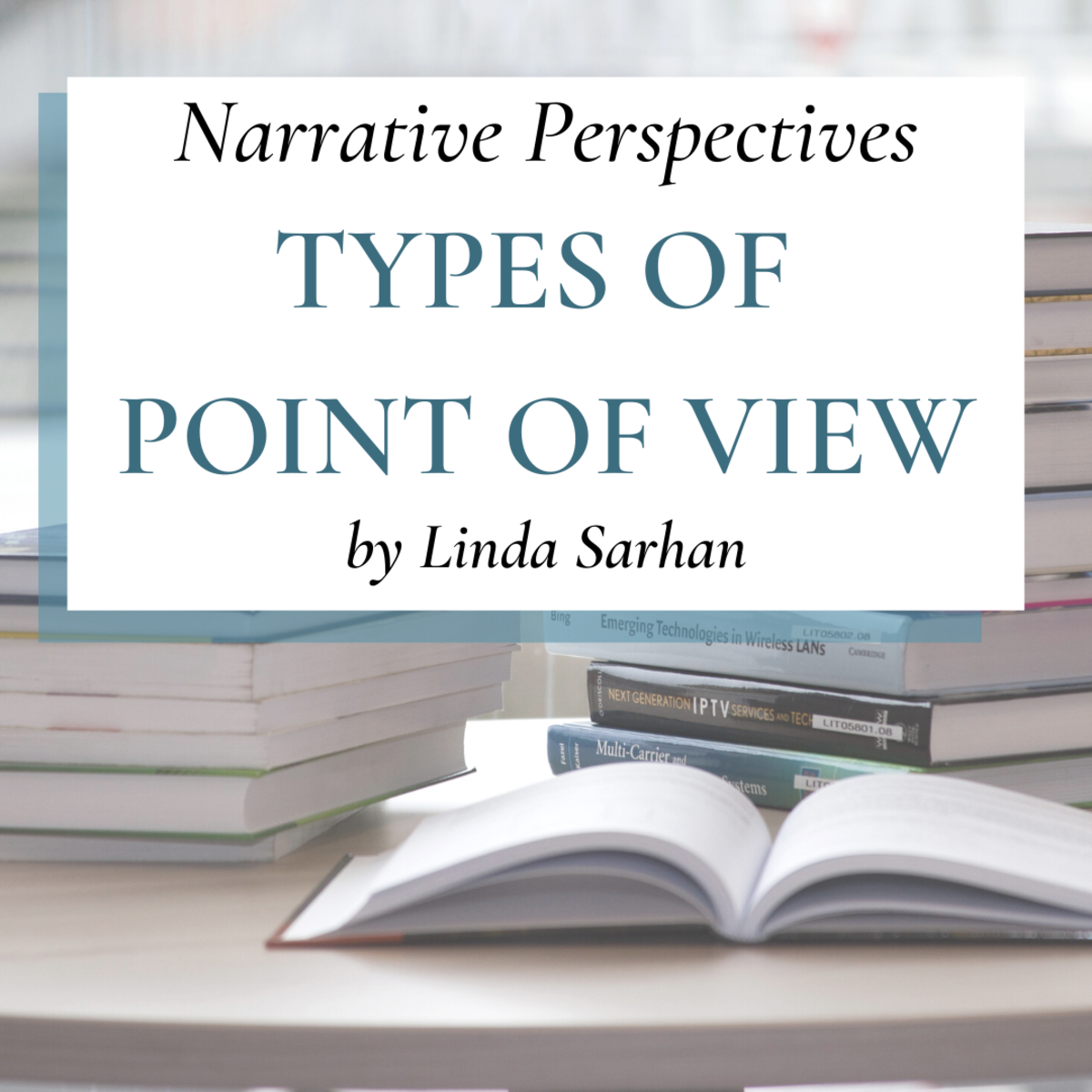Autism Imagined: THE SPEED OF DARK by Elizabeth Moon
The Speed of Dark by Elizabeth Moon
Many will have heard of the bestseller, The Curious Incident of the Dog in the Night-Time, about a young autistic boy who goes about solving the mystery of his neighbour's dead dog.
Less well-known to mainstream readers, but just as compelling, is Elizabeth Moon's The Speed of Dark, another novel narrated in the first-person by an autistic character. The first time I read the book, I couldn't put it down.
If you're put off by the fact that this 2003 Nebula Award winner is described as science fiction, don't be. This novel is written in a style that mainstream readers will not find at all alien. And the well-paced plot and thought-provoking themes will hold you until the very last page.
Above all, Elizabeth Moon has created an amazing character in the main protagonist, Lou Arrendale. It's a character that's engaging on an emotional level, a character you'll feel for. And a character that's absolutely riveting on an intellectual level, as you get inside his mind to discover what the world might look like to an autistic person.
Fast Facts
- First published 2002 (paperback)
- Winner Nebula Award for Best Novel 2003
- Finalist Arthur C. Clarke Award 2003
- About the author: Elizabeth Moon is a native Texan. She is intimately acquainted with autism, through the raising of an autistic son, now a teenager.
An engrossing plotline
The main character in this novel, Lou Arrendale, is a high-functioning autist. In the world of the near-future, he lives a relatively good life. He has a job finding patterns in data in a special unit staffed by others just like him. He is independent, living by himself and owning his own car. And he has interests beyond work, joining a group of "normal" people for fencing, and he has a passion for music. He has adapted well into the world we regard as "normal", developing routines to deal with the foibles and inconsistencies of "normal" people.
However, this routine is shaken when a new manager comes in and pressures him, and others like him in the same unit, to consent to an experimental procedure to "cure" their autism; or risk losing their jobs.
To the "normal" world, the decision seems to be clear-cut. They can't conceive of anyone wanting to live with being autistic. But to Lou and the others who understand their strengths as opposed to "normal" people, what they stand to gain has to be weighed against what they stand to lose. Will they lose the parts of themselves that are unique precisely because they are autistic?
Lou grapples with questions like: Will he still have his pattern recognition skills? And will he still enjoy the same things - his music and his fencing? Would he still be able to see the richness of patterns in the world around him? Or will he in effect lose the essence of who he is?
Superb first-person narration by autistic protagonist
Elizabeth Moon's deft use of first-person narration allows us an inside look at what the thinking processes, and perceptions, of an autistic person might be like. No doubt, her intimate experience with autism (she has an autistic son) has contributed to her ability to portray Lou as a multi-dimensional individual, someone you can identify with, and whose dilemmas will move you. In Lou, Moon has crafted a character that will change the way you perceive an autistic person.
Selected Reviews
The metaphorical in The Speed of Dark
If you're wondering about the title, I thought this explanation by John Grant (in his review for infinity plus) is excellent:
Arrendale is of course perfectly aware -- he is extremely intelligent, something else that the Crenshaws of this world fail to perceive, blinded as they are by his status as an autist -- that the velocity of light in free space is a known, established quantity. But what of the velocity of dark? Dark, after all, forever retreats in the face of the invasion of light, so perhaps its velocity is actually slightly greater than that of light? This speculation of Arrendale's is carried through metaphorically by Moon, with darkness being the self-imposed ignorance displayed by Crenshaw and so prevalent throughout our culture: as a single exemplification of this force of unknowing -- the exemplification presented in The Speed of Dark in the guise of Crenshaw and others -- far too many people don't want to understand their fellow humans, but would rather remain ignorant of their worlds by banishing them into convenient categories that are always characterized by inferiority to the categorizers themselves.
More of my favourite books
- Books That Rock My World
A list of books that I've loved, for one reason or another, over the years.









